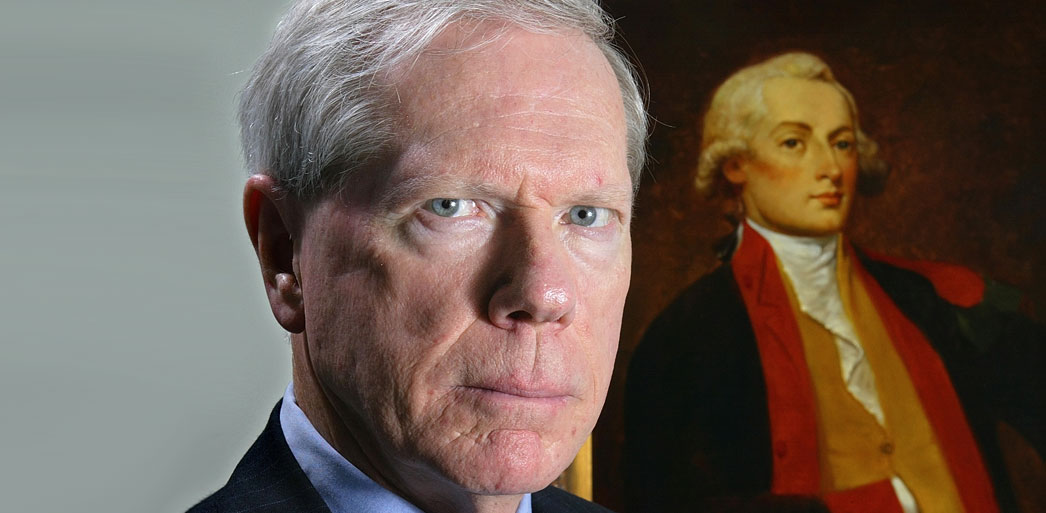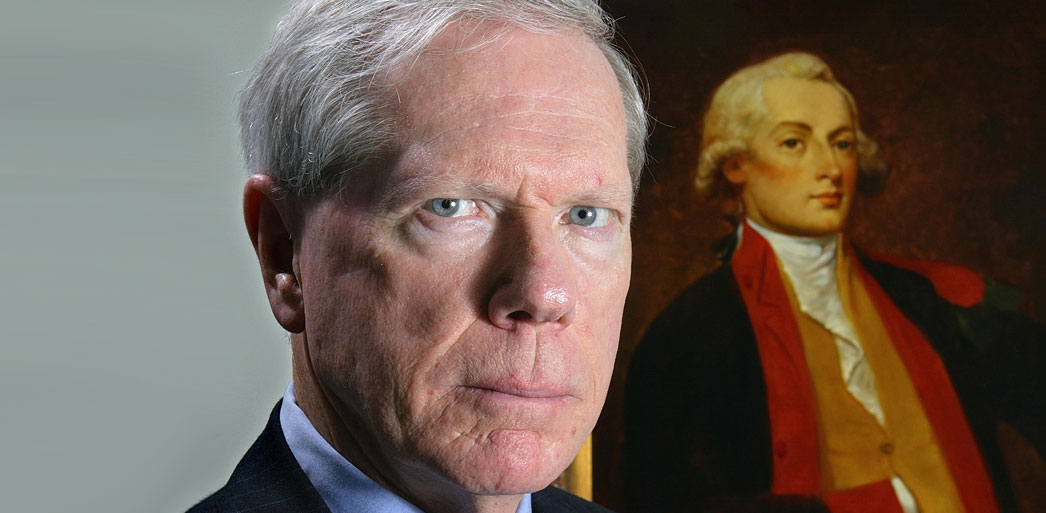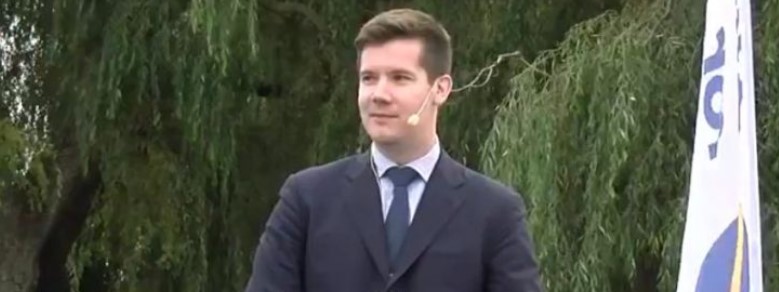In recent years, worldwide but especially in the European Union, there has been a more and more pronounced tendency to replace political decisions with management decisions. From my point of view, we are dealing with a kind of manipulation that is altogether disingenuous.
First of all, the political decision and the management decision refer to different things. It is the difference between “what” to do and “how” to do it.
The confusion comes from the fact that specialization and complexity in the contemporary world are growing. Under these circumstances, certain economic and political transnational structures are trying to monopolize power with the argument that due to the high complexity of the social and economic mechanism, a political decision – understandable to most citizens – is not effective or even impossible. Therefore, the political decision should be replaced by a managerial decision that cannot be understood by citizens and, thus, it does not have to be explained to them.
Well, both as a Romanian politician and as a member of the EU-group Movement for a Europe of Nations and Freedom (MENL), I am categorically against this falsification of the essence of politics.
I consider politics as the only mechanism that ensures real freedom for human beings. The essence of politics is not the effectiveness of economic activities, but the harmony between both individuals and human communities. In the future, robots or machines with artificial intelligence will probably take management decisions. But no decisions dealing with the happiness of human beings can be taken by robots without a severe restriction of human freedom. In this respect, European policies should not be driven by bureaucratic structures, but by nationally-defined politicians supported by their citizens. In my opinion, the EU’s crisis comes from the gap between citizens and the Brussels bureaucracy. The European Union needs thorough reform in order to re-establish its initial purpose – that of unity in diversity. As the initial subjects of the Union were the national states, it follows that a strong Union cannot be effected by weakening nations, but by enhancing the ties between them.
Returning to the subject of the debate, I want to show that the arguments of our opponents with regard to the future of the EU are based on the falsification I previously described. We are told that the elimination of borders and of national law unambiguously and automatically leads to growth and prosperity. Following that logic, an increase of sovereignism and a recovery of the capacity of national border management would reduce cooperation and trade.
Only a blind person would not see the sophistry of this reasoning!
Of course, in the short term, any change of this type can lead to economic repercussions, but a Europe of Nations does not mean an abandonment of cooperation or a restriction of trade, on the contrary. The ability of supply and demand “to fit” in the digital era will definitely promote low-volume products and dedicated production. In turn, this shift from “big industry” to “small industry” will increase the value of exchange and the intensity of cooperation. That is what I understand by the formula “Europe à la carte”.
But, indeed, this will cause a decrease in the revenue and influence of multinationals and, why not, in future, the dismantling of such monopolies. We must understand that the world is caught in a fight between excessive and hierarchical centralization of decision and power on the one hand, and a network-type cooperation on the other hand.
It is, if I may put it this way, the struggle between the Empire and the Community, or the struggle of Bureaucracy versus Humanity.













No comments.
By submitting a comment you grant Free West Media a perpetual license to reproduce your words and name/web site in attribution. Inappropriate and irrelevant comments will be removed at an admin’s discretion. Your email is used for verification purposes only, it will never be shared.